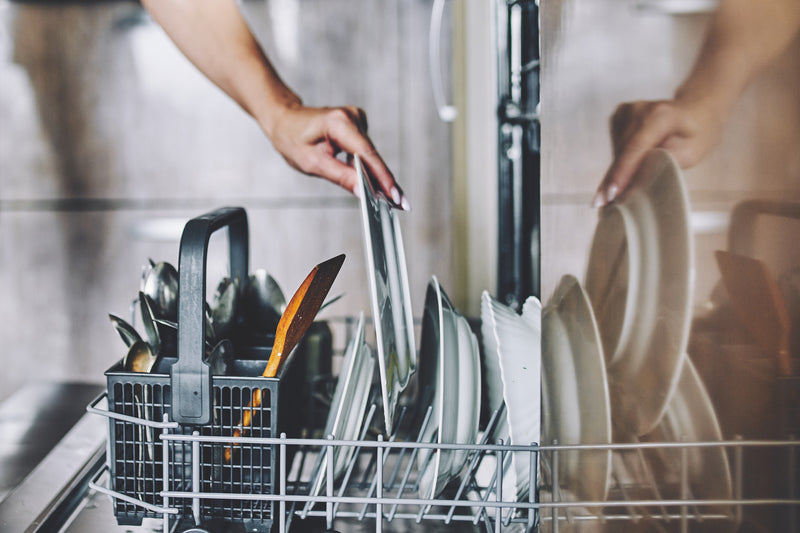How To Heat A House Efficiently In The UK
Efficient heating is a crucial aspect of maintaining comfort and reducing energy consumption in homes across the UK. As energy costs continue to rise and environmental concerns grow, homeowners are seeking ways to heat their houses effectively while minimizing energy waste. In this article, we will explore various strategies and technologies that can help homeowners heat their houses efficiently in the UK.
By investing in insulation and draught proofing, you can minimize heat loss and create a more comfortable living environment. Programmable thermostats and smart heating controls allow you to optimize heating schedules based on your daily routines, preventing unnecessary energy usage. Energy-efficient heating systems, such as condensing boilers, heat pumps, and biomass boilers, offer eco-friendly alternatives with higher energy efficiency ratings.
Heating
Proper insulation and draught proofing are essential for efficient heating. Ensuring that your home is well-insulated reduces heat loss and minimizes the need for excessive heating. Evaluate the insulation in your walls, roof, and floors, and consider adding additional insulation where needed. Draught-proofing measures, such as sealing gaps around windows and doors, also play a crucial role in preventing heat loss and maintaining a comfortable indoor temperature.
Thermostats and Smart Heating Controls
Installing programmable thermostats and smart heating controls can significantly improve heating efficiency. These devices allow homeowners to set specific temperatures for different times of the day, ensuring that heating is only used when necessary. Smart heating controls offer additional features such as remote access and learning algorithms that adapt to your heating preferences and occupancy patterns, further optimizing energy usage.

Energy-Efficient Heating Systems
Choosing the right heating system is paramount to efficient heating. In the UK, options such as condensing boilers, heat pumps, and biomass boilers are gaining popularity. Condensing boilers are highly efficient, using the heat from exhaust gases to preheat water. Heat pumps extract heat from the air, ground, or water sources and can provide heating and cooling. Biomass boilers utilize renewable energy sources, such as wood pellets, to generate heat. Evaluate the energy efficiency ratings and operating costs of different heating systems to select the most suitable option for your home.
Zoning and Radiator Controls
Implementing zoning and radiator controls can enhance heating efficiency, especially in larger homes. Zoning allows homeowners to divide their homes into different heating zones, each with its thermostat. This way, you can heat only the areas that require it, avoiding unnecessary heating in unoccupied spaces. Radiator controls, such as thermostatic radiator valves, enable temperature control in individual rooms, allowing for personalized heating preferences and reduced energy waste.
Renewable Energy Integration
Consider integrating renewable energy sources into your heating system. Solar thermal systems can harness the sun's energy to heat water for domestic use or space heating. Similarly, photovoltaic panels can generate electricity to power heat pumps or other heating systems. The UK offers various incentives, such as the Renewable Heat Incentive, which provides financial support for renewable heating installations. Exploring renewable energy options can not only reduce your carbon footprint but also save on energy costs in the long run.
Regular Maintenance and Servicing
Maintaining your heating system is crucial for optimal efficiency. Schedule regular maintenance and servicing to ensure that your system operates at its best. Regularly clean or replace air filters, check for leaks, and have your system inspected by a professional to identify and address any issues promptly. A well-maintained heating system operates more efficiently, prolongs its lifespan, and reduces the likelihood of breakdowns.
Conclusion
Efficient heating is essential for homeowners in the UK to maintain comfort and reduce energy consumption. By implementing strategies such as insulation and draught proofing, utilizing thermostats and smart heating controls, choosing energy-efficient heating systems, implementing zoning and radiator controls, integrating renewable energy sources, and maintaining regular servicing, homeowners can achieve optimal heating efficiency. These measures not only contribute to reduced energy waste and lower energy bills but also help mitigate the environmental impact of heating practices. As you strive to heat your house efficiently in the UK, it is important to remember that every small step counts in making a significant impact on energy consumption and environmental sustainability.




